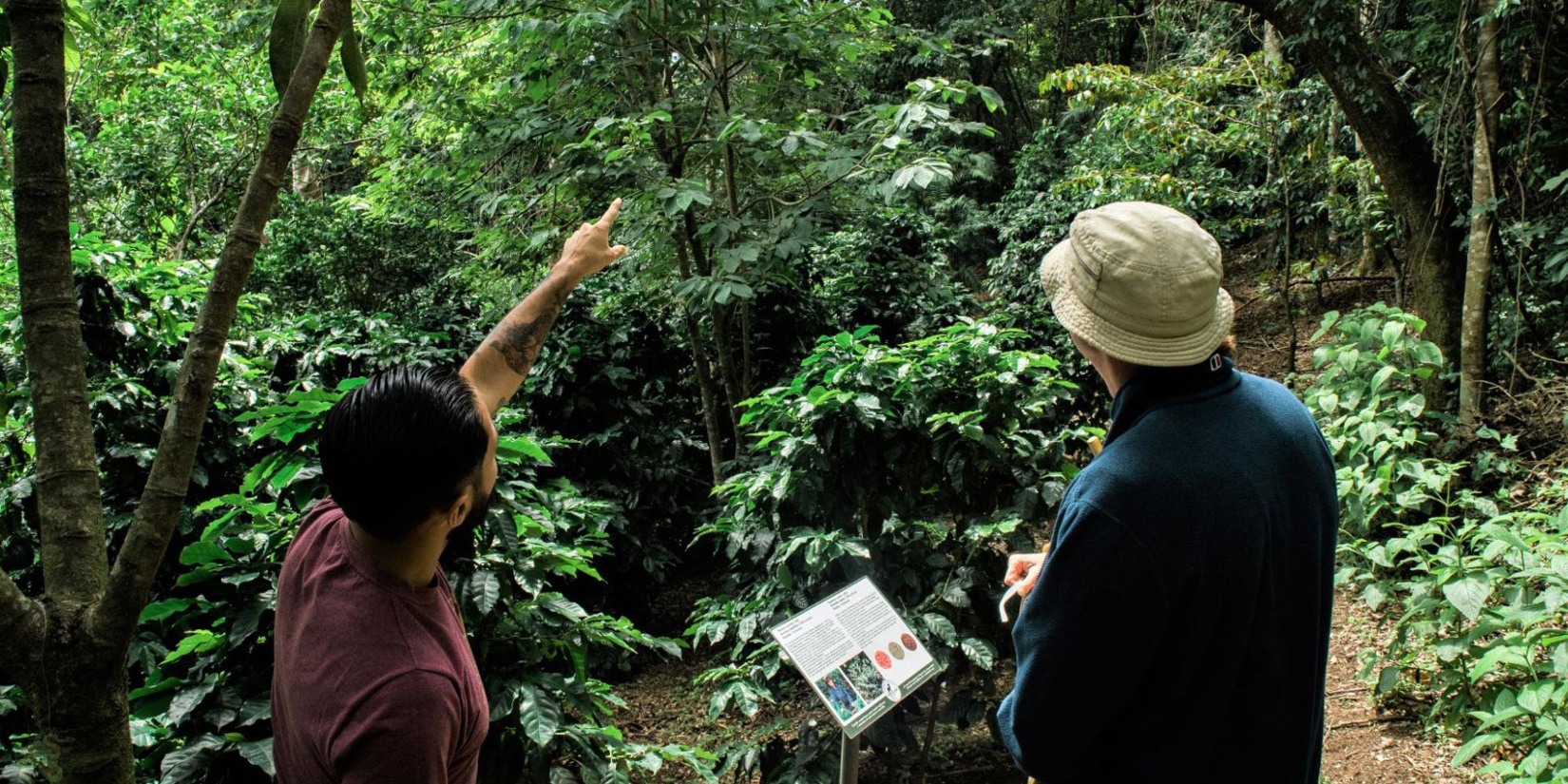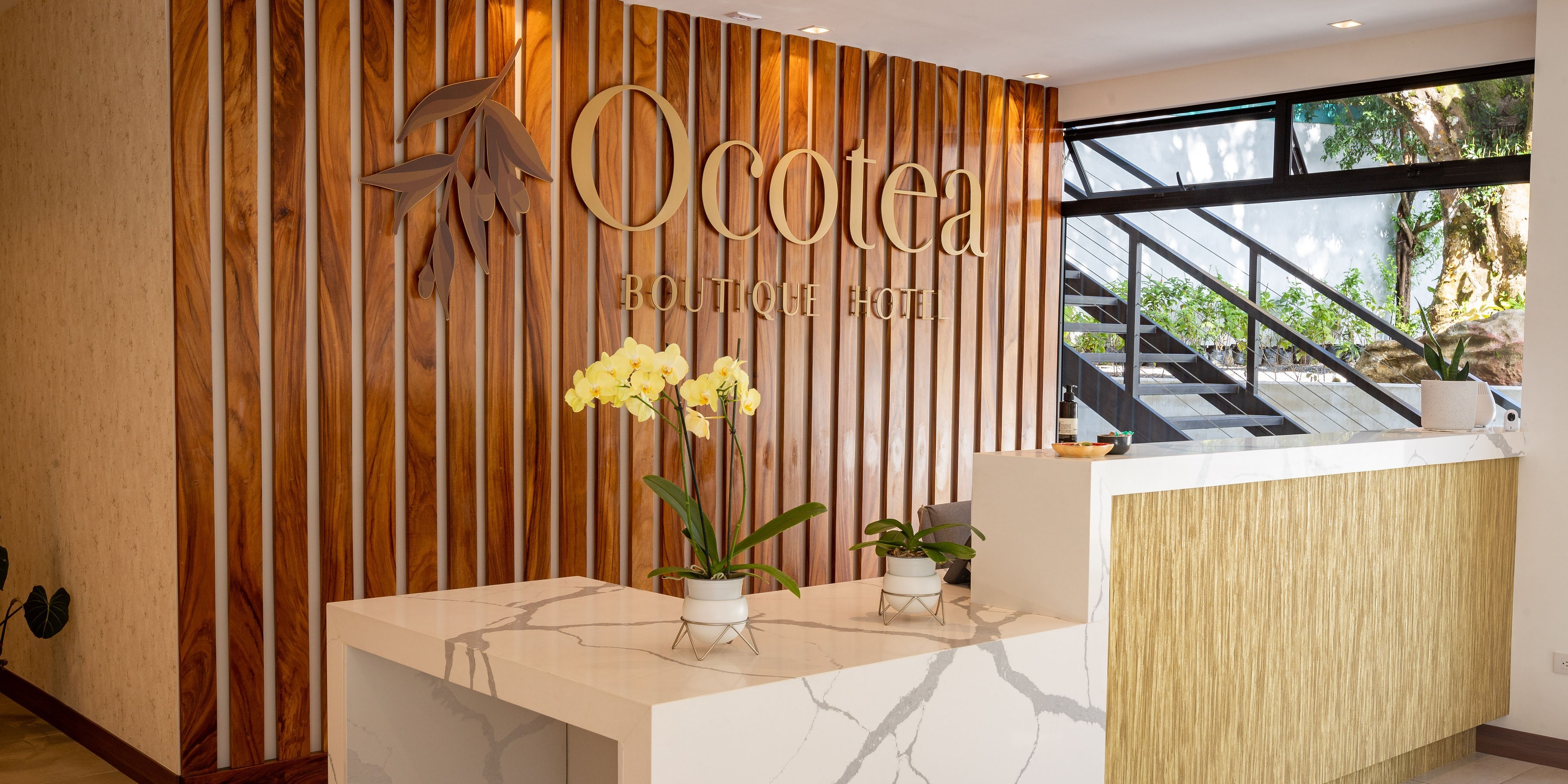The Hard Science Behind Appreciating Nature

I recently wrote an article discussing the interconnectivity of the natural world, specifically the rainforests of Monteverde. The ways in which elements of the natural world support and provide for each other got me thinking more about the part we play in the world around us and how nature affects us, both emotionally and physically.
And that thought sent me down a rabbit hole that was both fascinating and beneficial. As an ex-pat living in Costa Rica, I am well aware of how much happier I feel when I am sitting outside with my coffee listening to the birds and watching the world go by, but I had no idea about the amount of study that has gone into the science behind this phenomenon.
In the last few centuries, our lifestyles have changed an extraordinary amount. Urban centers have grown much more common, and in larger cities, residents are surrounded by miles and miles of concrete and pavement, with much less green space. While modern technology has vastly improved many areas of our lives and our health, the urban areas that somehow grew along with it can have the opposite effect.

We evolved in a natural environment, just like all of earth’s creatures, and even though the world around us is rapidly changing, our bodies remain the same. When you take any creature out of its natural environment, there will be visible consequences. Sometimes it takes us a while to notice them, but they are there, and in some cases, we are more likely to notice the people who aren’t changing- more than those who are.
Here is an example…
Nicoya’s Blue Zone
A while ago I wrote an article about Costa Rica’s Blue Zone which is located on the Nicoya Peninsula. For those who haven’t heard of the term blue zone, it is used to describe a geographical area in which the native residents have a longer lifespan than the norm, and who enjoy better health long into their elder years. There are 5 places on the globe that have been identified as Blue Zones, and in an effort to identify what creates this kind of extraordinary lifespan, scientists have studied and compared each area for similarities.
What's interesting about these studies is that, for all intents and purposes, these areas live a more ‘old-fashioned’ and simple lifestyle, so in essence these communities have maintained the lifestyle and diet of their ancestors. So while we often think of the past as a time when there was more illness (due to diseases that we could not control or through less sanitation or lack of medical knowledge), it must be admitted that there are noticeable benefits to it.

It’s important to understand that these 5 blue zones are spread across the globe and include Okinawa, Japan; Sardinia, Italy; Nicoya, Costa Rica; Icaria, Greece; and Loma Linda, California, and that each area has a vastly different ethnic and cultural background, which means the cause of their longevity can’t simply be put down to lucky circumstance or a geographical anomaly. Click the link above to read the full article if you like but the general consensus is that several similarities exist in all of these areas and time in nature plays a big role in all of these communities.
The Effect of Urbanization on Humans
In order to understand why this has become an issue, we must also understand how our lifestyles have changed in the last few centuries. Before we as a group started gathering into larger and larger urban areas, we needed to be responsible for collecting, cultivating, or catching our own food.
We also needed to build and maintain shelters, and use materials from the natural world to create everything from clothing to medicine to household goods. It was a lot of work, which would have kept us fit, but it also required a lot more time outdoors, in the fresh air and the sunshine. Even in the worst months of the year, this outdoor lifestyle would have given our bodies access to plenty of oxygen and vitamin d.
And while differences in location and circumstances may have meant that we couldn’t always eat the variety of foods we have now- the foods we did eat were fresh, organic, and unprocessed. There are many benefits to living in a global world. Like eating pineapples in the winter, or enjoying international foods, but sometimes these modern conveniences make it too easy, and we rely a little too heavily on processed foods or fast-food meals which just don’t have the same nutritional content.
When you combine that with life in an urban jungle surrounded by concrete and highrises, and bombarded with electrical frequencies that our bodies aren’t used to, away from the oxygen-rich trees and natural spaces that would help with these issues, issues like anxiety and stress can be the result.
Okay, let's stop looking at the negative and learn more about how we can benefit from nature and feel better!
A Little Bit of Science
Now that we have a better understanding of how changes in our lifestyle may be contributing to an increase in stress-related conditions like anxiety and high blood pressure, let’s look at how we can fix it!
To do that I went looking for studies on the subject and the first one that caught my eye was conducted by the European Centre for Human Health at the University of Exeter. The study followed 20,000 people from different ethnic groups, occupations, and ages, and included groups from both rich and poor areas, as well as people with chronic illnesses and disabilities.
The results were surprisingly consistent and the conclusion was that there were noticeable benefits to time spent in nature, both physically and emotionally. But in order to enjoy these benefits, participants needed to spend a minimum of 120 minutes or 2 hours per week in nature.
Fortunately, the same benefits could be achieved through one long visit, or through a series of shorter intervals. When questioned, participants who had reached this timeframe consistently reported feeling healthier and having a strong sense of well-being.
But ‘feeling healthy’ is still rather subjective, so I dug a little further to see if there were any measurable physical benefits to be had as well, and I found an article by Florida Health that listed several interesting benefits to spending time outdoors.
- Time in nature contributes to
- Lower blood pressure
- A reduction of nervous system arousal
- Lower levels of stress hormones (cortisol)
- Enhanced immune system function
- walking/riding/hiking in nature contributes to improved cardiovascular health
- Fewer distractions/noises/frequencies can improve concentration and focus
- Higher vitamin d levels promote vitamin absorption, strengthen bones and prevent some types of cancer
That last one really piqued my interest. As it happens, Japanese researchers have found that people who spend significant amounts of time in forested areas have elevated levels of NK cells (natural killer cells) which are known to fight tumors and infections in the body.
McMaster University encourages its students to go outside for cognitive growth because when it comes to emotional well-being, there are even more benefits to be had, such a:
- An increased sense of calm
- Improved mood through increased levels of endorphins and dopamine production
- Higher self-esteem
- Fewer feelings of isolation
- A lessening of aggression and hyperactivity in ADD patients

No Excuse Necessary
When it comes right down to it, living in a place like Monteverde makes it easy to spend time outside. The sunshine calls to us, the breeze sings to our souls, and the fresh air energizes us. Still, it is nice to know that there is a science behind what we instinctively understand.
We are part of the natural world and access to it helps us to thrive and to live the long healthy lives we were meant for. So the next time you sit at your desk and the sun calls you, go. Take some time and reset, chances are you will feel more energized and productive afterward and the smile on your face will brighten the lives of those around you.
Better yet, use up that vacation time you’ve been banking and head to Costa Rica for some good old-fashioned vitamin D, or vitamin Sea. We are happy to help you refresh and recuperate, and the Ocotea team can book some truly amazing experiences here in Monteverde.




